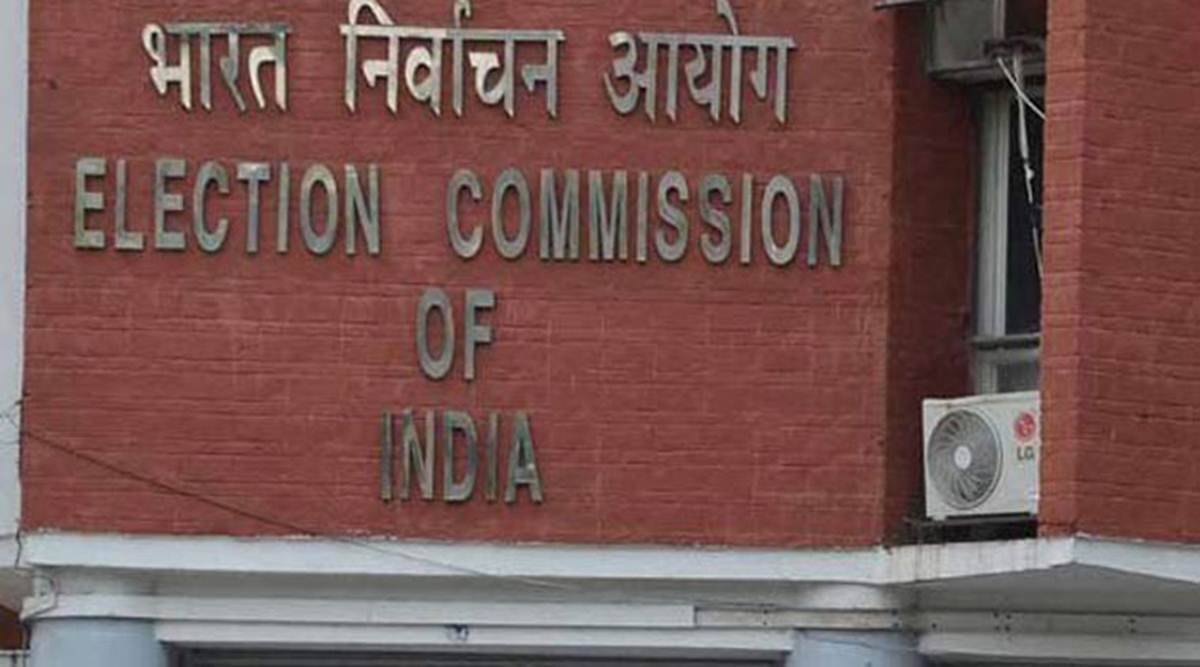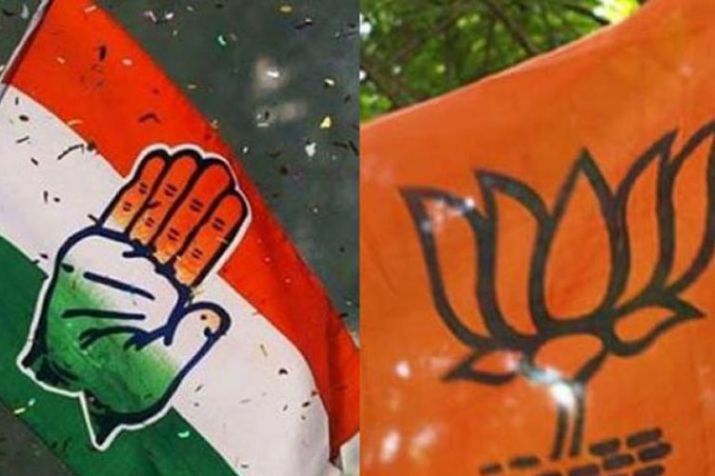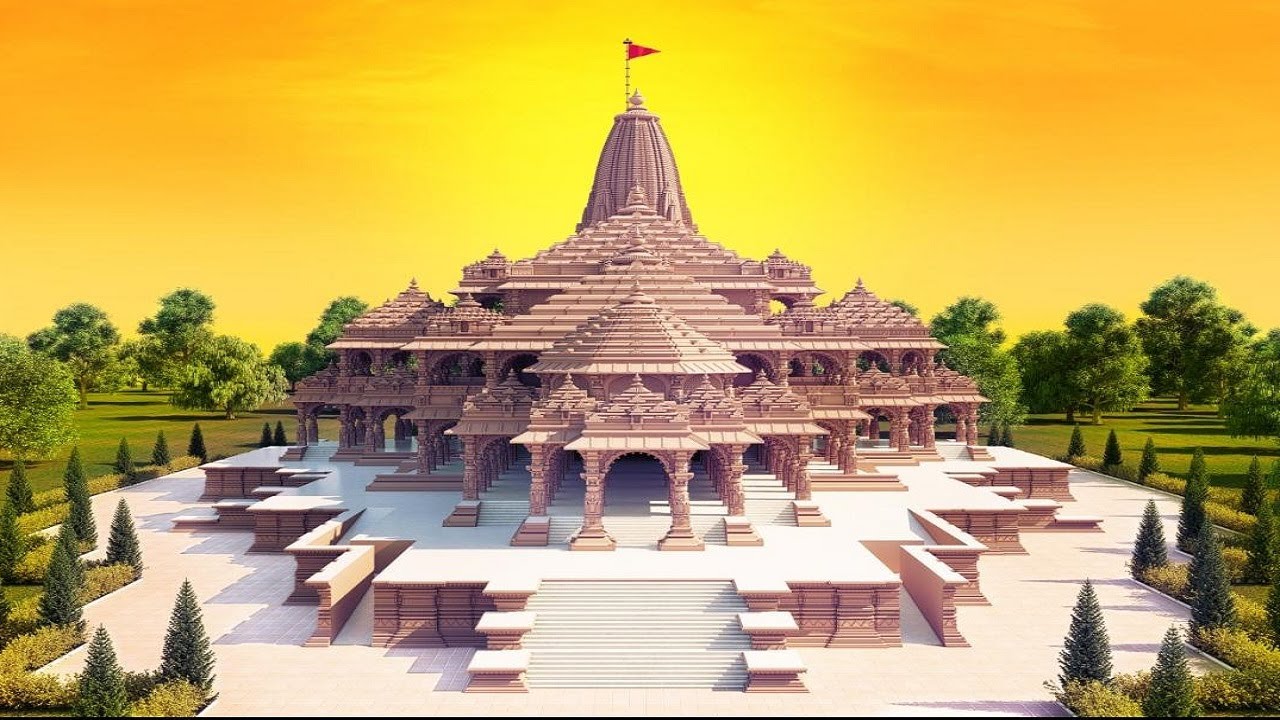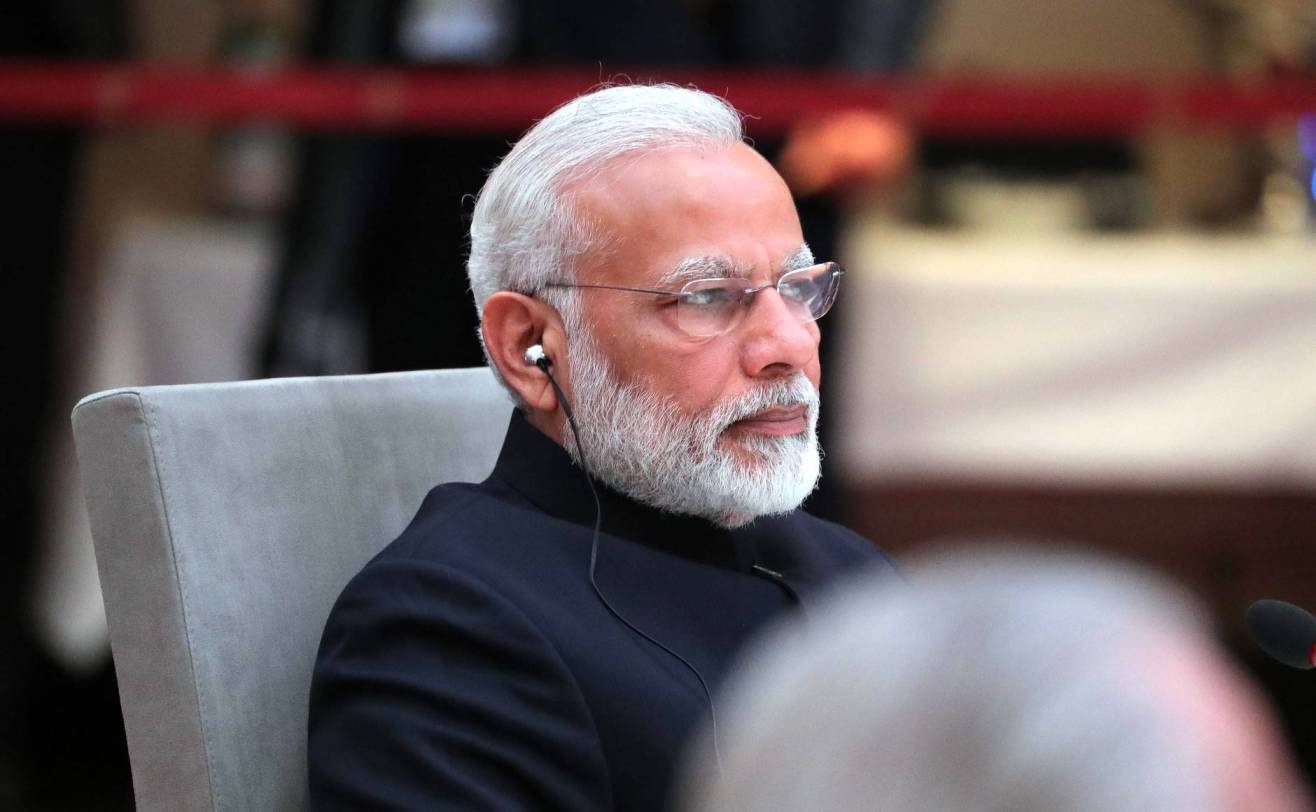India, with its burgeoning population of over 140 crores is a ticking time bomb, faces a unique set of challenges, not least of which is the alarming devaluation of human life. As the country grapples with its immense size, the inherent worth of being human seems to have diminished. This indifference has crept into the fabric of our society, evident in the collective apathy towards the frequent and tragic loss of life, whether it be young soldiers martyred at the borders, innocent lives lost in road and railway accidents, or the relentless incidents of rape and murder of our children and women across the nation.
The sacrifices of our soldiers, who defend the nation with unparalleled bravery, often go unnoticed by the general populace. Despite daily reports of soldiers laying down their lives to protect the country from external threats, the sense of loss seems to dissipate quickly, buried under the weight of routine news. What should be a moment of national mourning and reflection is instead met with a mere shrug of the shoulders, as if the lives lost are just numbers to be reported and forgotten.
This indifference is not just limited to the lives of soldiers. The sheer frequency of road and railway accidents in India, resulting in the death of thousands every year, has also contributed to the desensitization of the public. The news of such tragedies, though tragic, has become so common that it no longer evokes the shock and outrage it rightly deserves. Instead, it is met with a resigned acceptance, as if these losses are an inevitable part of life in a country with such a large population.
The situation is even more dire when it comes to the safety and dignity of women in India. The horrifying incidents of rape and murder have become so frequent that they no longer provoke the outrage and action they should. Instead, they are often reduced to mere talking points for political parties looking to gain an advantage over their rivals. The recent rape and murder of a lady doctor in Kolkata is a prime example of this. The incident, which should have sparked a nationwide outcry and demand for justice, has instead become a political football, with various parties using it to attack each other while doing little to address the root causes of such violence.
The lack of accountability and the systemic failures that allow such crimes to continue unchecked are a damning indictment of the state of law and order in the country. The political parties in charge, rather than taking responsibility and working to improve the situation, often resort to playing the victim card or deflecting blame onto others. This is evident in the response of the ruling party in West Bengal, where the incident occurred, as they attempt to downplay their failings while accusing the opposition of politicizing the tragedy.
The Role of Politics in Perpetuating Apathy
Politics in India has become a theater of the absurd, where real issues are overshadowed by the constant bickering and blame games between parties. The tragic loss of lives, whether due to accidents, natural disasters, or heinous crimes, is often exploited for political gain rather than being treated as a matter of national concern. In the Wayanad tragedy, for example, the BJP and Congress were quick to attack the ruling CPM, while in the Kolkata incident, the Congress and BJP criticized Mamata Banerjee's administration. Similarly, the Congress and Mamata Banerjee did not hesitate to point fingers at Uttar Pradesh's Chief Minister Yogi Adityanath over the Hathras incident.
This political mudslinging serves only to divert attention from the real issues, leaving the victims and their families to suffer in silence. The state police, too often beholden to their political masters, frequently botch investigations, leading to a lack of accountability and justice. When these cases are eventually handed over to central agencies, the blame game continues, with state police and central agencies accusing each other of non-cooperation, further delaying justice.
The Opaque and Inefficient System
The Indian justice system, once a beacon of hope for the oppressed, has become so opaque and inefficient that navigating it is akin to walking through a minefield. For ordinary citizens, seeking justice or even basic assistance from the state has become an arduous task, fraught with delays, corruption, and indifference. The system, designed to protect and serve the people, has become a labyrinth where the powerful manipulate outcomes to their advantage, leaving the common man to fend for himself.
A glaring example of this is the selective scrutiny by tax authorities. While ordinary citizens are subjected to intense scrutiny over their spending on weddings, birthdays, and even the purchase of a car or a house, the same authorities turn a blind eye to the lavish expenditures of the country's wealthiest individuals. There is a stark contrast in the treatment of a common man versus a business tycoon, especially those closely aligned with the government.
Consider the case study of two prominent Indian business houses, where no questions are asked about the exorbitant wedding expenditures or the source of equity capital used to acquire valuable national assets at distressed values. Despite the clear discrepancies, the tax authorities refrain from sending notices or seeking explanations, highlighting the stark inequality in the application of the law.
The Kolkata rape and murder case is not just a tragedy; it is a glaring example of the tyranny of injustice that pervades our society. The fact that a political party, which is in charge of the state police, chooses to play the victim card rather than addressing the failures of the state machinery, is a clear indication of the rot within the system. The silence of the vocal women MPs of the TMC party, who lack the courage to criticize the state government's failures, further compounds the issue, consolidating the fact that their political career is more important than the misery of the murdered woman doctor’s family.
In the face of such blatant injustice, the judiciary often attempts to step in, sometimes with overzealous actions that garner national media attention. However, these efforts often lead nowhere, as the root causes of the problems remain unaddressed. The system, instead of being a source of protection and justice, has become so dysfunctional that it offers no solace to those who seek it.
The Desensitization of Society
One of the most disturbing aspects of this situation is the desensitization of society as a whole. With the ever-growing population crossing the 140 crore mark, the loss of a few lakhs of people, whether through natural disasters, accidents, or violence, is often seen as inconsequential. This callous attitude towards human life is a reflection of a deeper societal malaise, where the sheer size of the population has led to a devaluation of individual lives.
Natural disasters, which claim thousands of lives every year, are quickly forgotten, with little to no efforts made to address the underlying issues that exacerbate their impact. The tragic loss of life is reduced to mere statistics, and the incidents are swiftly erased from public memory, overshadowed by the next big news story.
At the heart of this crisis is the failure of governance at multiple levels. The government's inability to provide basic safety, security, and justice to its citizens is a fundamental breach of its responsibilities. The systemic failures that allow such tragedies to occur with alarming regularity are a direct result of poor governance, where accountability is virtually non-existent, and political interests take precedence over the welfare of the people.
The lack of political will to address these issues is evident in the way different incidents are handled across states. Whether it is the failure of the police in Kolkata, the negligence in Hathras, or the incompetence in Wayanad, the common thread is a lack of accountability and a refusal to address the root causes of these problems. Instead, political parties focus on short-term gains, exploiting tragedies for electoral advantage rather than working towards long-term solutions.
The current state of affairs is unsustainable, and it is imperative that we, as a society, demand change. The value of human life cannot be measured in numbers, and the loss of even a single life should be a matter of national concern. The government, political parties, and law enforcement agencies must be held accountable for their actions, and the system must be reformed to ensure that justice is not just an ideal but a reality for all citizens.
Moreover, as citizens, we must resist the urge to become desensitized to the tragedies that occur around us. We must remember that each life lost is a tragedy, and it is our collective responsibility to ensure that these losses are not in vain. This requires a fundamental shift in our attitudes, where the value of human life is paramount, and where we hold our leaders accountable for their failures.
The challenges facing India are immense, but they are not insurmountable. With the right leadership, a commitment to justice, and a renewed sense of the value of human life, we can build a society that truly reflects the principles of equality, justice, and compassion that our nation was founded upon. It is time to move beyond the politics of blame and indifference and work towards a future where every life is valued, and every citizen is protected. However, India is sustaining one-sixth of humanity on less than 3% of the world's land mass. This is stretching the limited resources to the optimum level, and the model will collapse sooner than expected if the corrective measures are taken urgently.








 OpinionExpress.In
OpinionExpress.In















Comments (0)